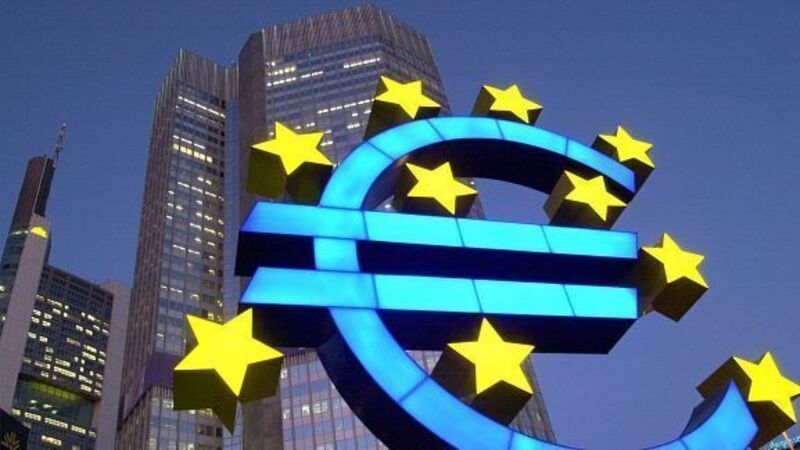Euro area growth to stay

Despite what appears to be a strong likelihood for a US interest rate rise next month, the European Central Bank (ECB) looks set to keep going the other way, announcing an extension to its quantitative easing programme beyond March 2017.
Following the shock from the Brexit vote, which hasn’t hit either UK or eurozone growth yet in a material way, it appears that political uncertainty will continue holding back the eurozone from making any more progress on growth.













